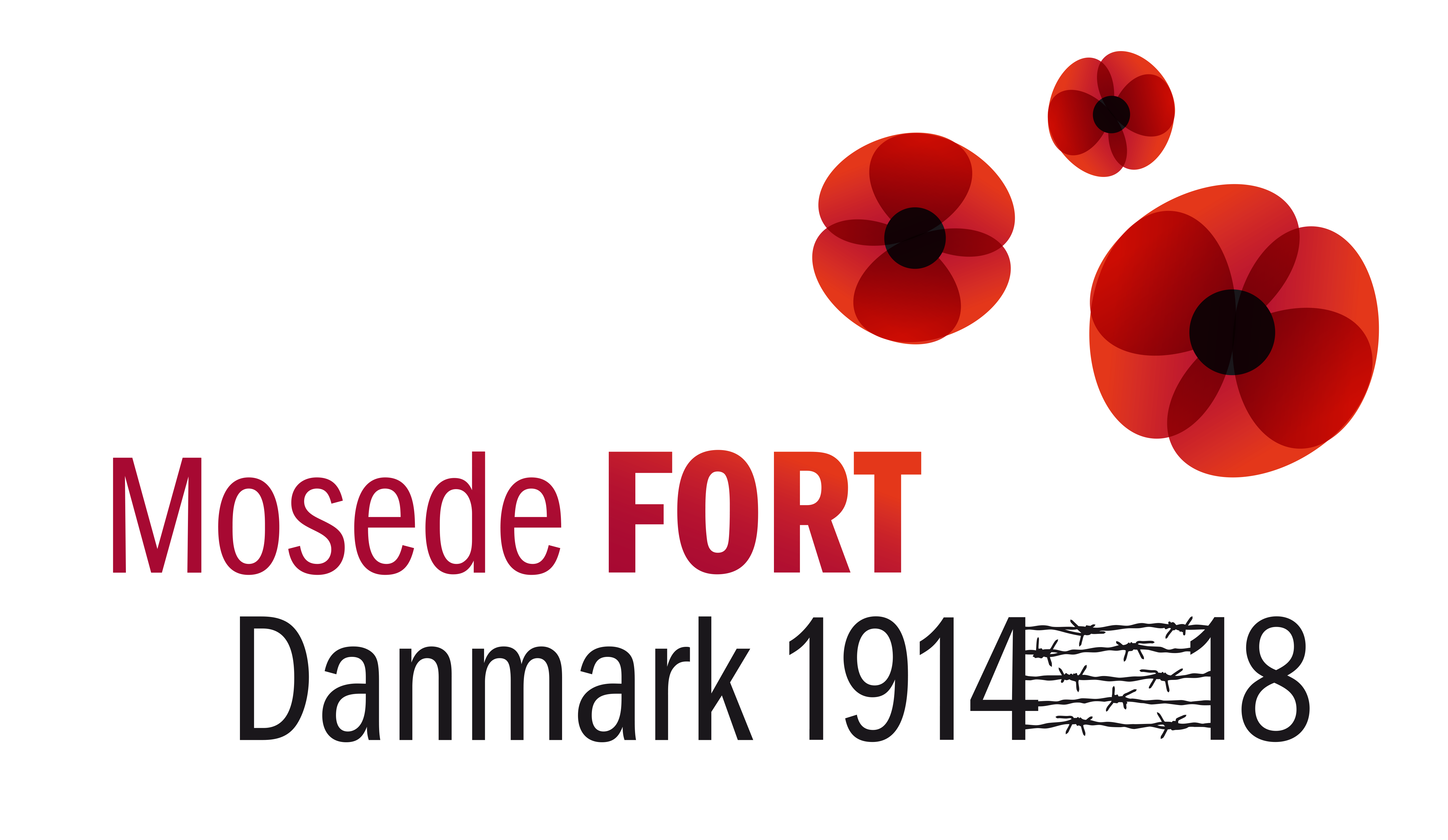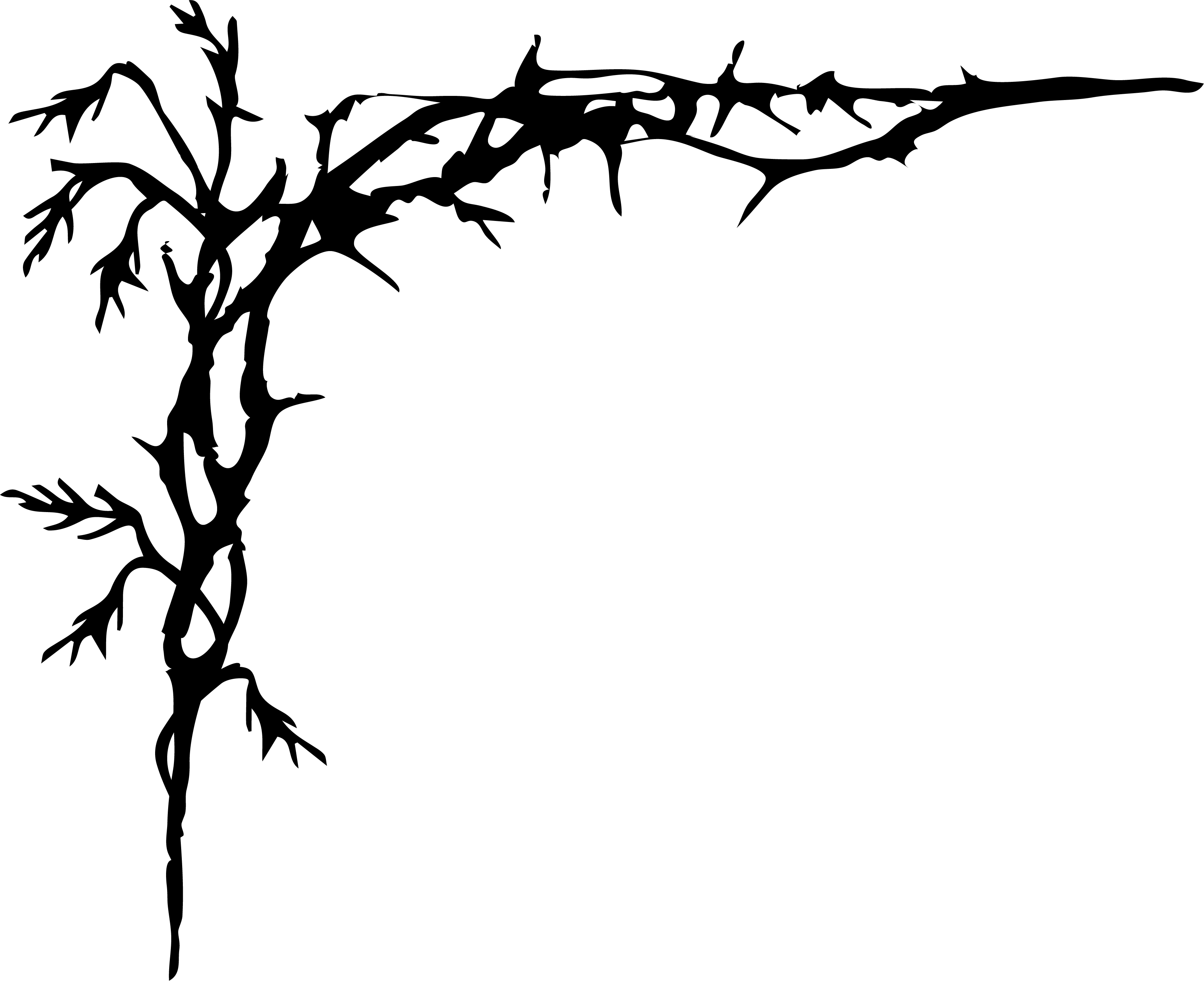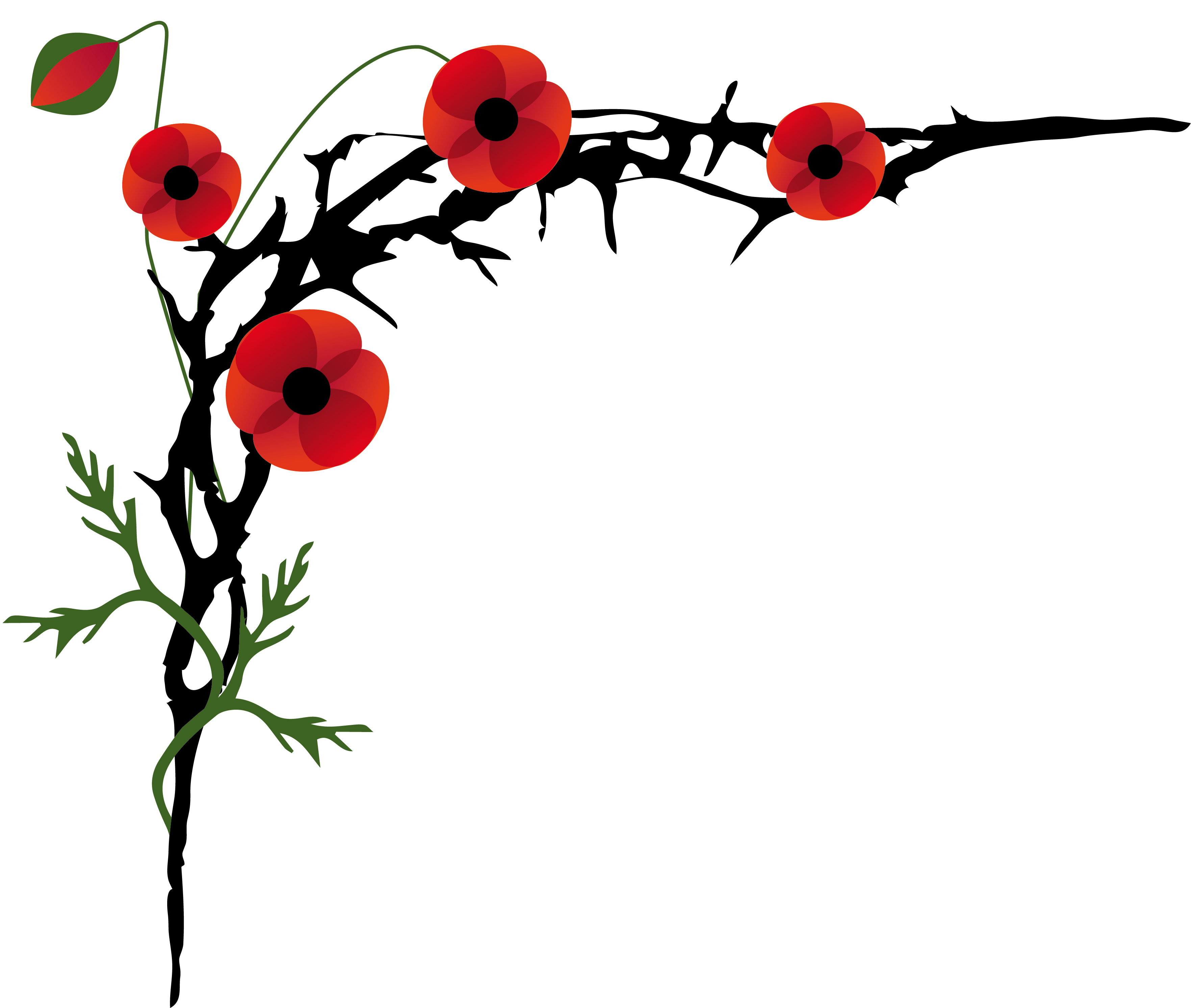Kampen om Maden

Du har nu fundet genkomster fra tiden omkring 1. Verdenskrig. De er genkomster, fordi de er kommet tilbage fra fortiden med beskeder til os. Men hvorfor er de kommet tilbage netop nu, og hvad vil de fortælle os?
Alle spillets genkomster stammer fra historiske fotografier. I denne udgave af logbogen vil du finde korte beskrivelser af nogle af de motiver, som er på fotografierne. Desuden er der links til relevante artikler på bl.a. Mosede Forts vidensportal.

